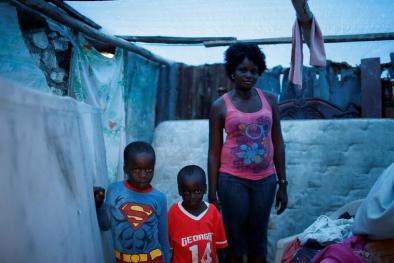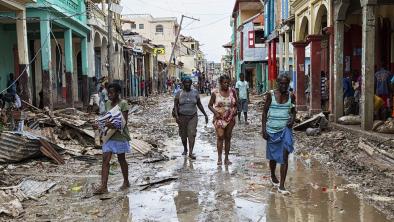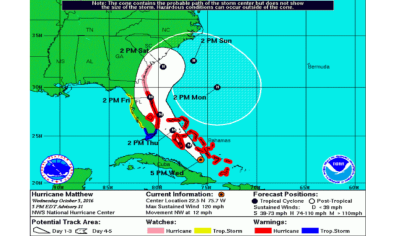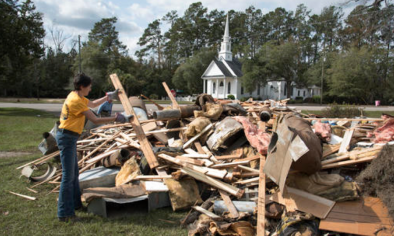Science Source
Recent intense hurricane response to global climate change
- Develops an Anthropogenic Climate Change Index (ACCI) and uses this to investigate the potential global warming contribution to current tropical cyclone activity
- Defines that ACCI as the difference between the means of ensembles of climate simulations with and without anthropogenic gases and aerosols
- This index indicates that the bulk of the current anthropogenic warming has occurred in the past four decades, which enables improved confidence in assessing hurricane changes as it removes many of the data issues from previous eras
- Finds no anthropogenic signal in annual global tropical cyclone or hurricane frequencies
- Finds a strong signal is found in proportions of both weaker and stronger hurricanes: the proportion of Category 4 and 5 hurricanes has increased at a rate of ~25–30 % per °C of global warming after accounting for analysis and observing system changes
- Finds the increase has been balanced by a similar decrease in Category 1 and 2 hurricane proportions, leading to development of a distinctly bimodal intensity distribution, with the secondary maximum at Category 4 hurricanes
- Finds the global signal is reproduced in all ocean basins
- States the observed increase in Category 4–5 hurricanes may not continue at the same rate with future global warming
- The analysis suggests that following an initial climate increase in intense hurricane proportions a saturation level will be reached beyond which any further global warming will have little effect
Related Content
Headline

Nov 10, 2016 | Reuters
Living in the aftermath of Hurricane Matthew
Headline

Nov 8, 2016 | Financial Times
A 19th century plague revived in an age of climate change
Headline

Nov 7, 2016 | Robert Scribbler
Dangerous Hurricane Matthew Strengthens in Record Hot Environment
Headline

Nov 7, 2016 | KRQE via Associated Press
Hurricane Matthew brought town’s demise, needs a ‘miracle’


